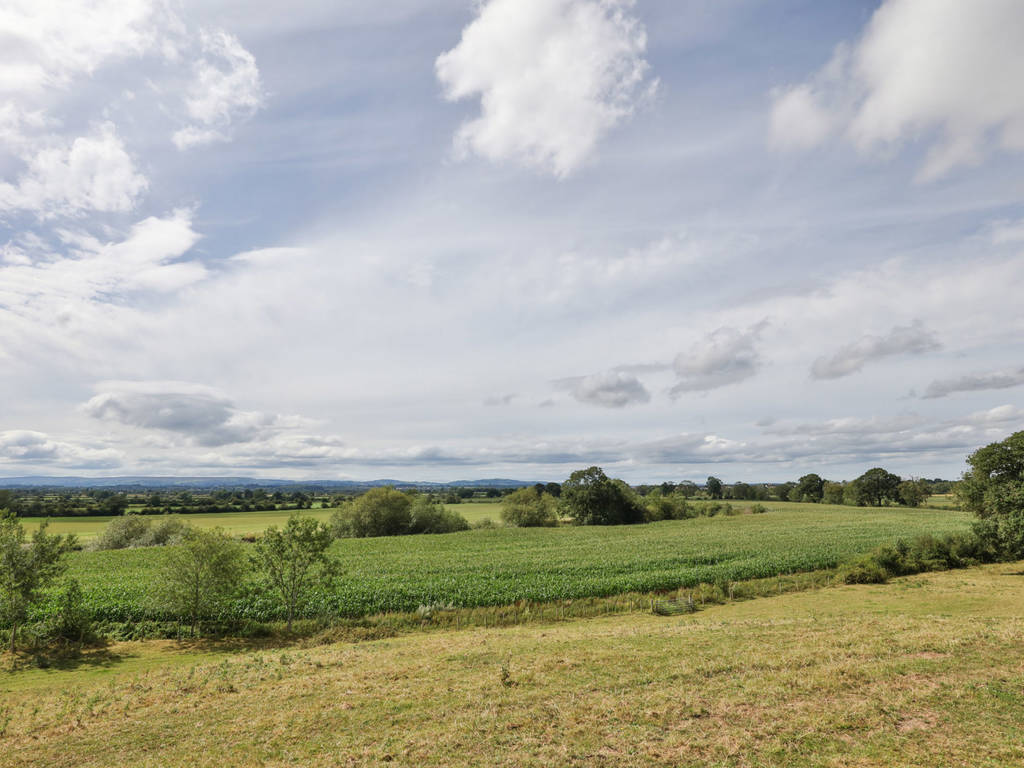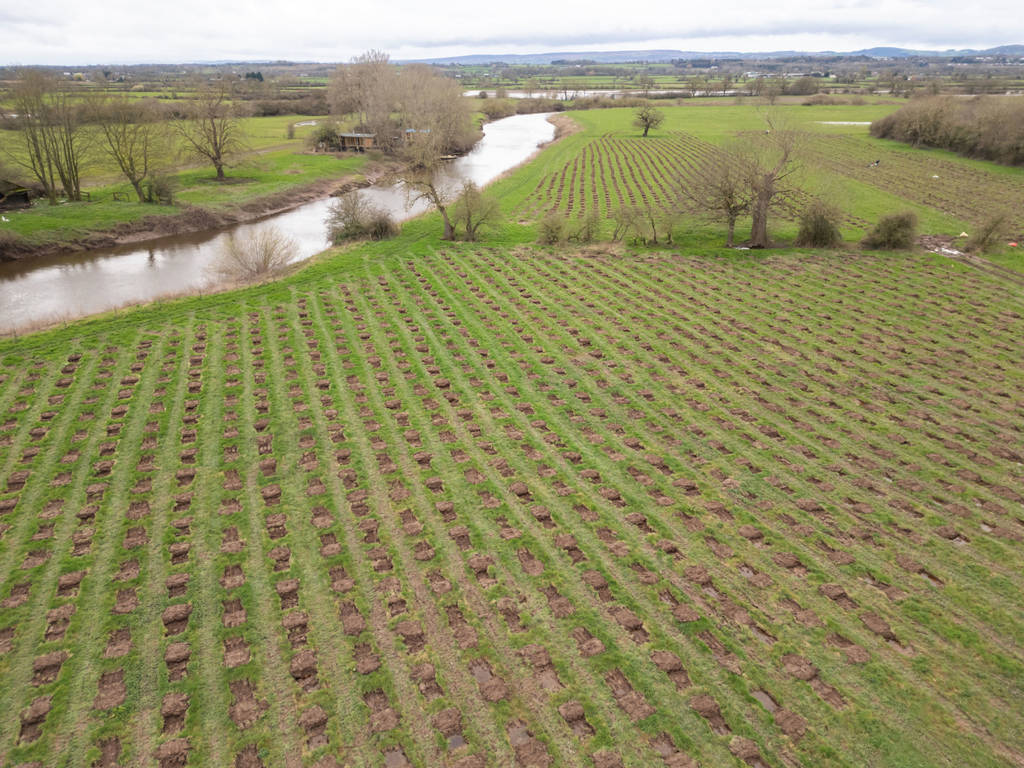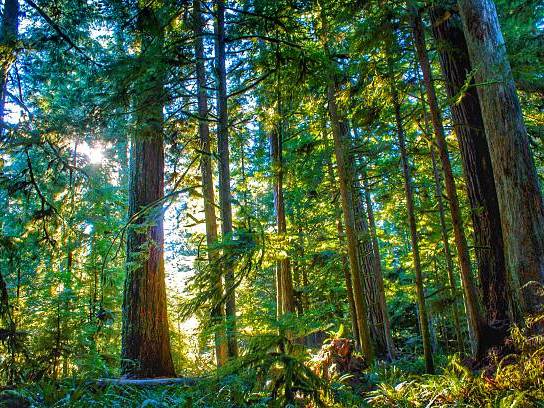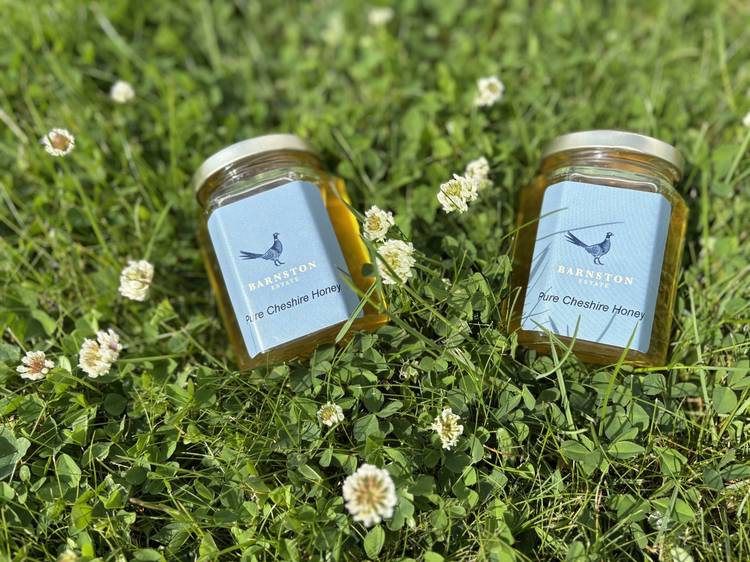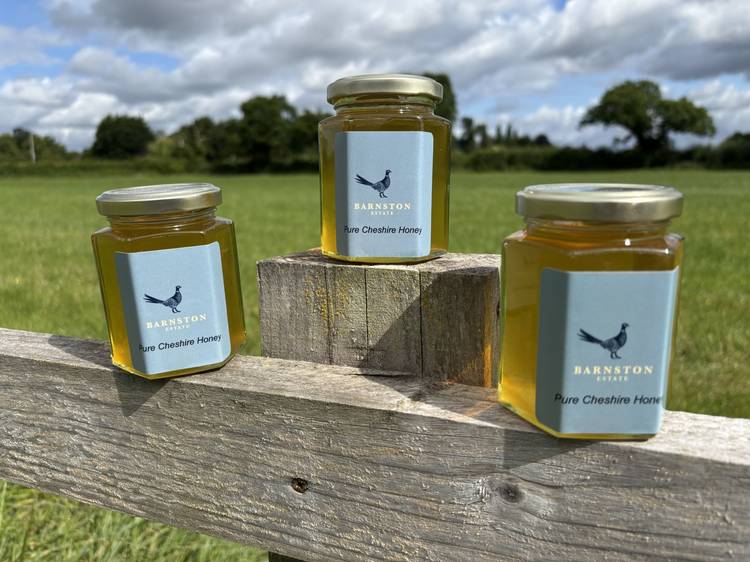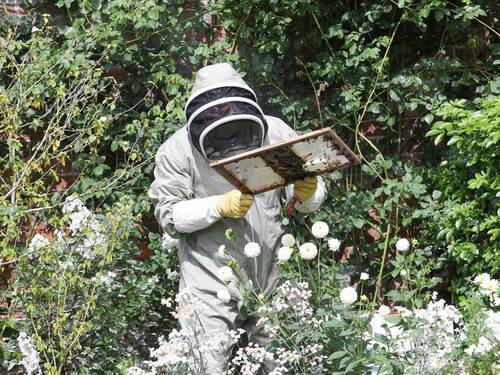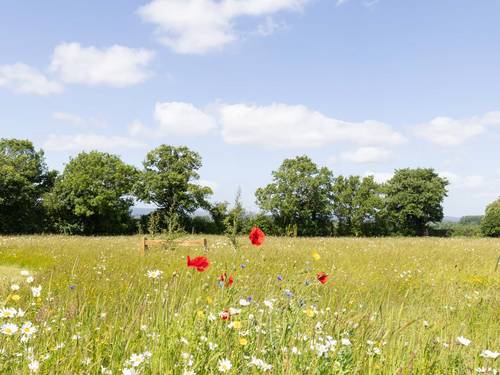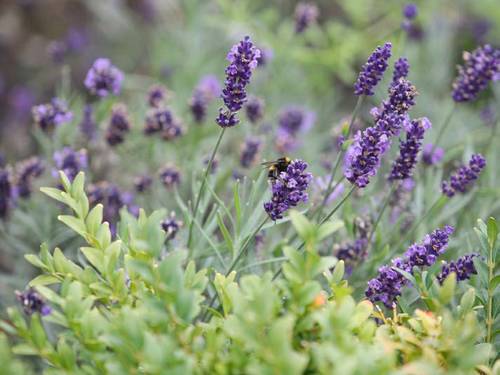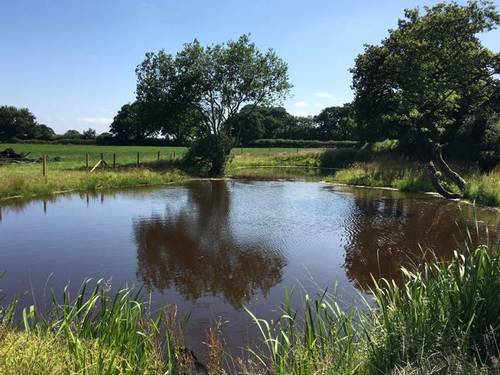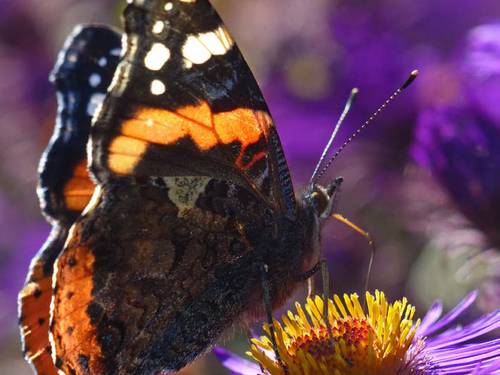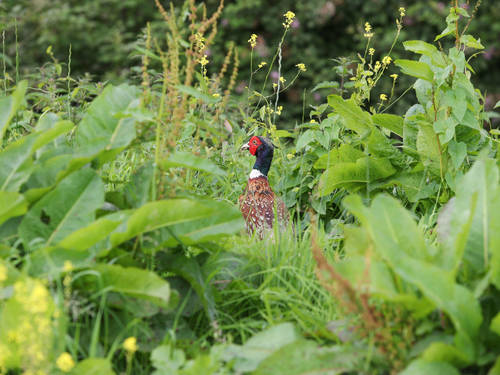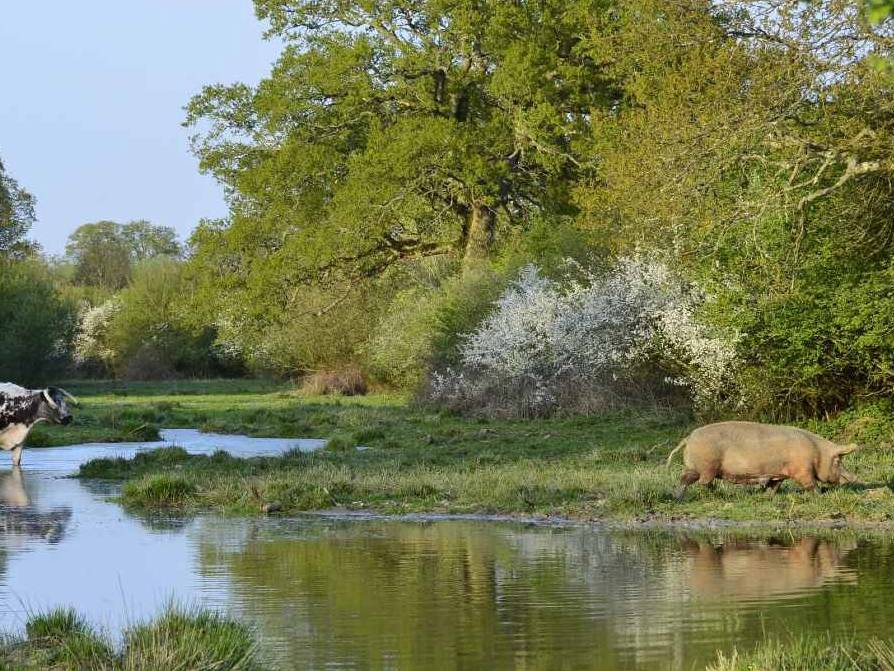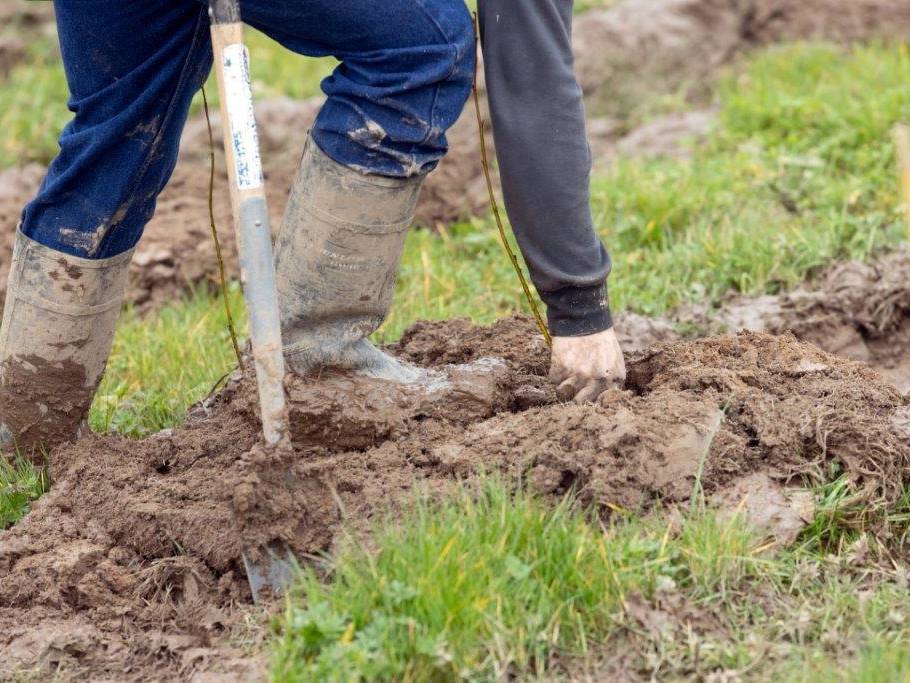Woodland Creation Scheme
Planting trees is part of our environmental strategy and in 2024 we planted 8,500 trees along the River Dee in Farndon.
We selected a diverse mix of native species to ensure maximum biodiversity benefits and resilience to climate change, pests and disease – in total, over 25 species.
Wet woodland species such as willow, alder and downy birch were used in areas closer to the river which are susceptible to flooding, and we planted additional trees on the river bank with widely variable spacing and lots of open space to ensure a closed canopy does not arise.
The planting was designed to create a mosaic of woody habitats including riparian planting, wide spaced open grown black poplar and oak, low density scrub edges, wide rides and native broadleaf woodland.
The open grown trees were mainly black poplar, Britain’s rarest native tree, and a flood plain specialist that was common locally in Cheshire.
A large open area surrounded by individual trees was a result of consultation with archaeology specialists as there is an important bog iron works from 700AD in the middle of the site.
The work is part of our woodland creation scheme in partnership with Natural England, Mersey Forest and the Forestry Commission.
The video above shows our planting work and the video in our banner was taken a year later and shows how much our trees have grown.
